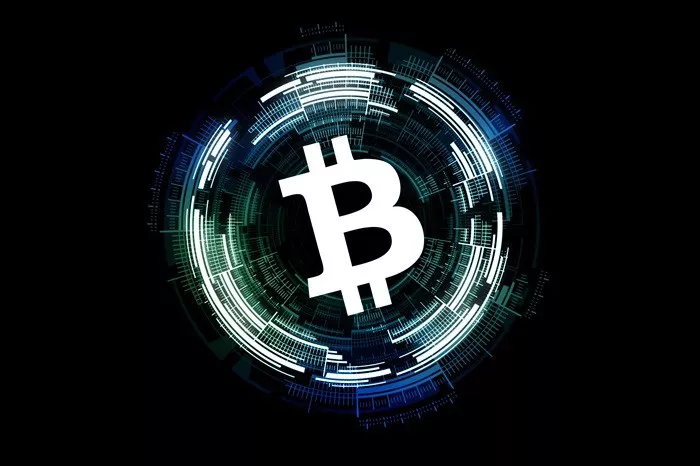Cryptocurrencies have revolutionized the financial landscape, offering a new paradigm for digital transactions and value storage. Centralized and decentralized cryptocurrencies represent two distinct approaches within this domain. Understanding the differences between these models is crucial for anyone navigating the cryptocurrency landscape.
Understanding Cryptocurrencies
What Are Cryptocurrencies?
Cryptocurrencies are digital or virtual currencies that use cryptography for security. Unlike traditional currencies issued by governments, cryptocurrencies are typically decentralized and operate on technology known as blockchain.
Blockchain Technology
A blockchain is a distributed ledger that records all transactions across a network of computers. This ensures transparency and security, as altering any single transaction would require altering all subsequent blocks.
Centralized Cryptocurrencies
Definition and Structure
Centralized cryptocurrencies are managed and controlled by a single entity or organization. This central authority oversees the issuance, regulation, and governance of the currency.
Examples of Centralized Cryptocurrencies
Ripple (XRP): Ripple Labs manages XRP, focusing on enabling real-time global payments.
Tether (USDT): Tether Limited controls USDT, a stablecoin pegged to the US dollar.
Advantages of Centralized Cryptocurrencies
Enhanced Control
Centralized cryptocurrencies provide better control over the network. This can lead to quicker decision-making and implementation of changes or updates.
Regulatory Compliance
These cryptocurrencies can more easily comply with regulatory requirements. This makes them attractive to institutions and governments seeking stability and oversight.
Stability
Centralized management can prevent extreme volatility. The central authority can intervene to stabilize the currency, making it more predictable for users and investors.
Disadvantages of Centralized Cryptocurrencies
Single Point of Failure
Centralized systems are vulnerable to hacking or technical failures. A single breach can compromise the entire network.
Lack of Transparency
The central authority may lack transparency. This can lead to distrust among users and accusations of manipulation or unfair practices.
Regulatory Risks
Centralized cryptocurrencies are subject to government regulations. Changes in law or policy can significantly impact their operations and value.
See Also: 7 Most Decentralized Cryptocurrencies
Decentralized Cryptocurrencies
Definition and Structure
Decentralized cryptocurrencies operate without a central authority. Instead, they rely on a distributed network of nodes to validate and record transactions.
Examples of Decentralized Cryptocurrencies
Bitcoin (BTC): The first and most well-known decentralized cryptocurrency, created by an anonymous entity known as Satoshi Nakamoto.
Ethereum (ETH): A decentralized platform that enables smart contracts and decentralized applications (dApps).
Advantages of Decentralized Cryptocurrencies
Security
Decentralized networks are more secure due to their distributed nature. Hacking or corrupting the system requires controlling a majority of the network’s nodes, which is extremely difficult.
Transparency
Transactions on decentralized networks are publicly recorded on the blockchain. This transparency fosters trust among users and reduces the risk of fraud.
Autonomy
Users have more control over their assets. Decentralized cryptocurrencies are not subject to censorship or control by any single entity.
Disadvantages of Decentralized Cryptocurrencies
Complexity
Decentralized systems can be complex to use and understand. This can be a barrier for mainstream adoption.
Scalability
Decentralized networks often face scalability issues. Processing a large number of transactions quickly can be challenging, leading to slower transaction times and higher fees.
Regulatory Challenges
Decentralized cryptocurrencies can struggle with regulatory compliance. Governments may impose restrictions or bans, creating legal uncertainties for users and developers.
Comparing Centralized and Decentralized Cryptocurrencies
Control and Governance
Centralized: Managed by a single entity, leading to quicker decision-making and better regulatory compliance.
Decentralized: Operate without a central authority, promoting autonomy and transparency but facing challenges in governance.
Security
Centralized: More vulnerable to attacks and technical failures due to the single point of control.
Decentralized: More secure due to the distributed nature of the network, making it harder to compromise.
Transparency
Centralized: May lack transparency, leading to potential distrust among users.
Decentralized: Transactions are publicly recorded, fostering trust and reducing fraud risk.
Regulatory Compliance
Centralized: Easier to comply with regulations, making them attractive to institutions.
Decentralized: Struggle with regulatory compliance, leading to legal uncertainties.
Scalability
Centralized: Generally more scalable, with the ability to process more transactions quickly.
Decentralized: Face scalability issues, with slower transaction times and higher fees.
Use Cases
Centralized: Suitable for stablecoins, institutional use, and situations requiring regulatory oversight.
Decentralized: Ideal for peer-to-peer transactions, censorship-resistant applications, and environments requiring high security and transparency.
Conclusion
Centralized and decentralized cryptocurrencies offer distinct advantages and disadvantages. Centralized cryptocurrencies provide better control, regulatory compliance, and stability, making them suitable for institutional use and stablecoins. However, they are vulnerable to security risks and lack transparency. Decentralized cryptocurrencies promote security, transparency, and autonomy but face challenges in complexity, scalability, and regulatory compliance. Understanding these differences is crucial for navigating the evolving cryptocurrency landscape and making informed decisions about digital assets.
Related topics:



























